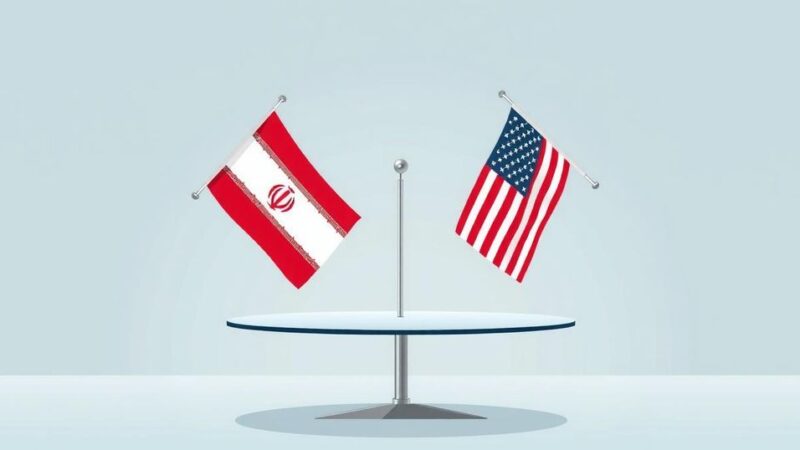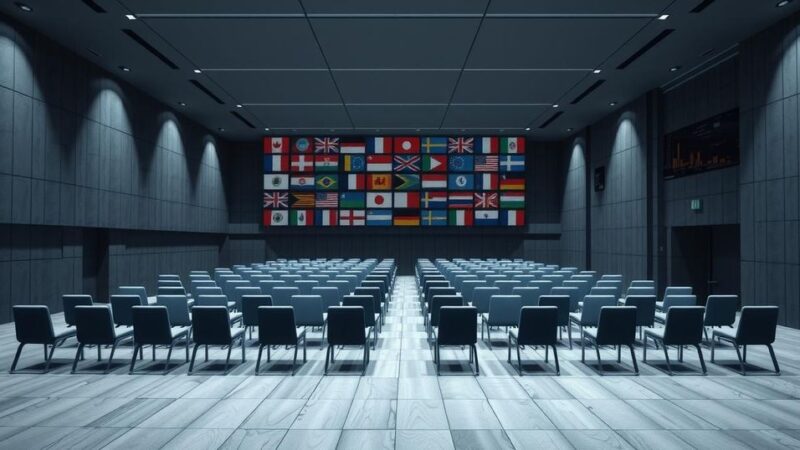The U.S. and U.K. imposed sanctions in response to violence in eastern Congo, but these measures are viewed as counterproductive. Critics argue that the U.S., under Secretary Rubio, misidentifies aggressors and victims, while the M23 insurgency is rooted in governmental failures and ethnic tensions. A new approach is needed for regional stability and peace in Africa’s Great Lakes area.
The United States and the United Kingdom reacted to the recent outbreak of war in eastern Congo by imposing sanctions on key figures in Rwanda and Congo. This action has been deemed counterproductive, as it is likened to blaming a victim for retaliating against an aggressor. The M23 insurgency in Congo arises from the Congolese government’s failure to honor previous peace agreements and President Felix Tshisekedi’s encouragement of ethnic violence while shielding those responsible for the Rwandan genocide.
Secretary of State Marco Rubio’s approach to the Congo crisis has faced criticism for lacking moral clarity and failing to recognize the complexities of the situation. Reports indicate the presence of armories in Goma, suggesting a possible Congolese invasion of Rwanda. While Rwandan forces are not deployed in large numbers in Congo, they have conducted limited operations to neutralize specific threats, which Rubio has misrepresented by equating victim and aggressor roles.
There are allegations that Rwanda is looting eastern Congo; however, local businessmen perceive these actions as normal business practices, driven by lower tax rates at borders compared to those imposed by the Congolese government. The dysfunctional nature of Congo’s economy and its failure to develop processing industries have complicated regional trade.
The sanctions imposed by the U.S. will fail to remedy the deep-rooted issues in Congo, which has suffered from prolonged violence resulting in the loss of millions of lives. Rubio’s alignment with corrupt leaders and their backers poses a genuine threat to regional security. A resolution may require significant leadership change in Kinshasa, similar to the autonomy enjoyed by Iraqi Kurdistan. The U.N. should reassess its role and disarm failed peacekeepers to promote stability in the Great Lakes region. Rubio’s potential designation of Burundi as a state sponsor of terrorism, coupled with sanctions against Congo’s leaders, may be necessary steps toward peace.
In conclusion, the U.S. and U.K. sanctions against Rwanda and Congo’s M23 insurgent group have been criticized as counterproductive and morally misguided. The complexity of the Congo crisis underscores the need for a more nuanced understanding of the regional dynamics. A reassessment of U.S. policy, including potential regime change and new approaches to sanctions, is crucial to restoring stability in the region and addressing the humanitarian crisis effectively.
Original Source: www.washingtonexaminer.com






